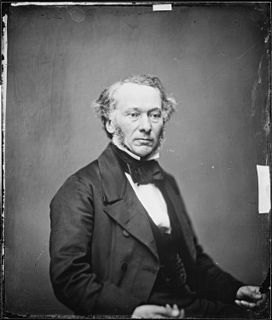A Quote by Austin Clarke
Reform and exchange in English poetry are as slow as in the British constitution itself.
Related Quotes
Some people think that English poetry begins with the Anglo-Saxons. I don't, because I can't accept that there is any continuity between the traditions of Anglo-Saxon poetry and those established in English poetry by the time of, say, Shakespeare. And anyway, Anglo-Saxon is a different language, which has to be learned.
And it is undeniably true that the greatest and most important right of a British subject is that he shall be governed by no laws but those to which he, either in person or by his representatives, hath given his consent; and this, I will venture to assert, is the great basis of British freedom; it is interwoven with the Constitution, and whenever this is lost, the Constitution must be destroyed.
Keynes was chief economic adviser to the British government and largely responsible for keeping the British economy afloat at a time when more than half of our gross national product, and all of our foreign exchange, was being spent on the war. I was lucky to be present at one of his rare appearances in Cambridge, when he gave a lecture with the title "Newton, the Man." Four years later he died of heart failure, precipitated by overwork and the hardships of crossing the Atlantic repeatedly in slow propeller-driven airplanes under wartime conditions.
the twelve or fifteen millions in the British Empire, who, while they possess no electoral rights, are yet persuaded they are freemen, and who are mystified into the notion that they are not political bondmen, by that great juggle of the ' English Constitution ' a thing of monopolies, and Church-craft, and sinecures, armorial hocus-pocus, primogeniture, and pageantry!






































